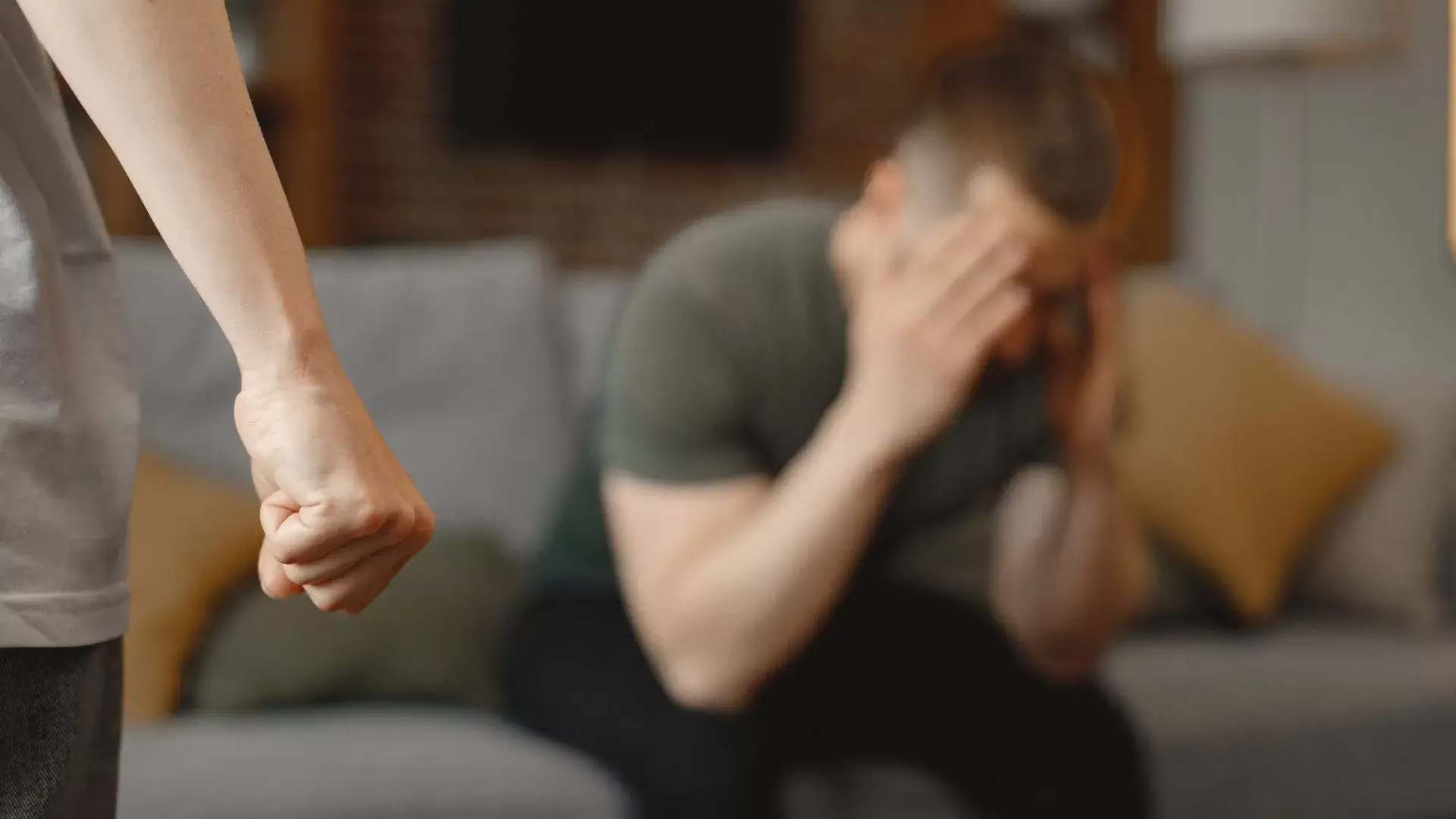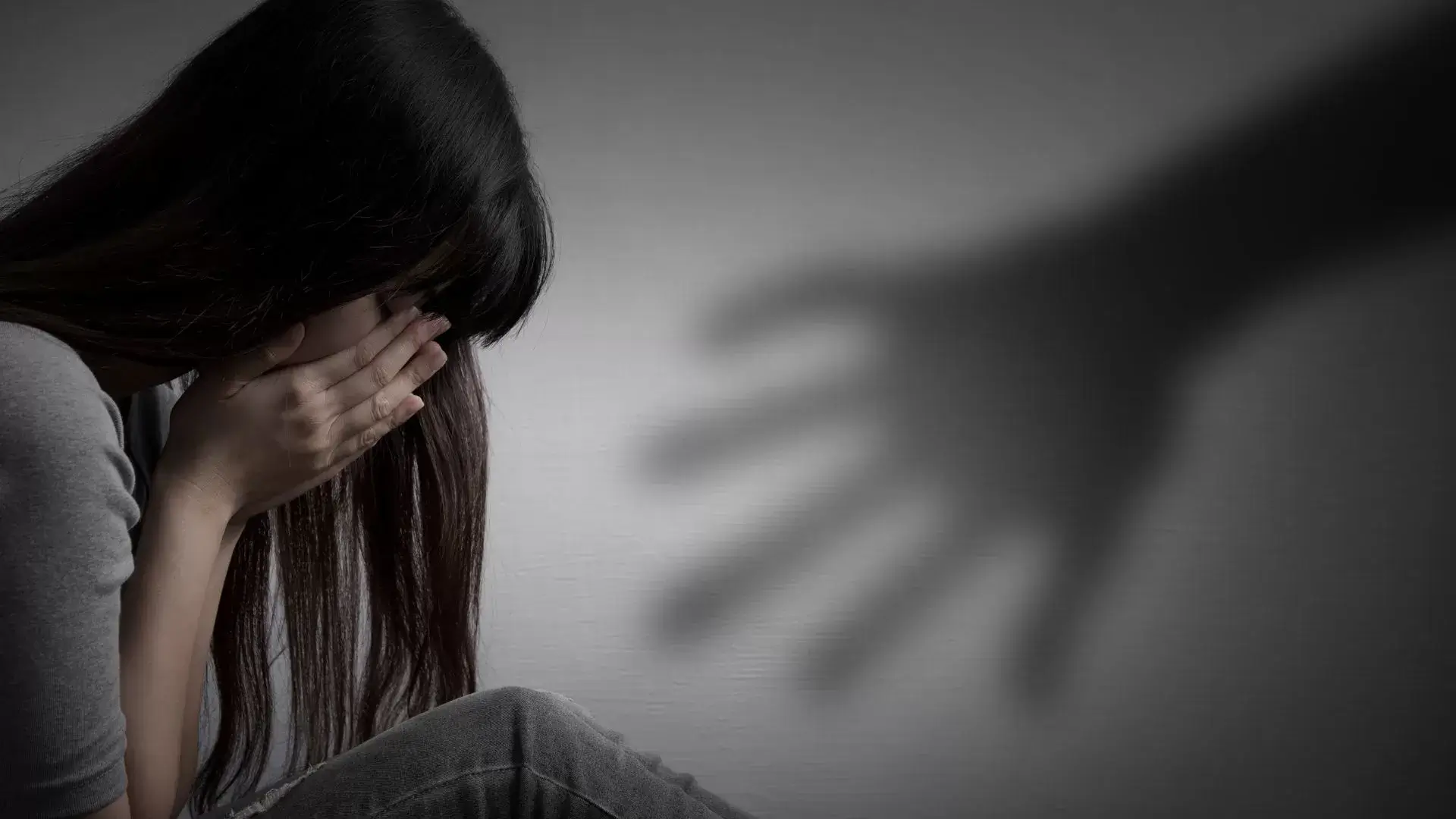We often overlook the subtle signs of domestic abuse, thinking it only manifests through visible injuries. However, it can also creep into relationships through emotional manipulation and control, leaving lasting scars that aren’t as evident. By recognizing these signs early, we can support those affected and foster healthier connections. What are some of the less obvious behaviors we should be aware of, and how can we better equip ourselves to address this pressing issue? Understanding these dynamics opens the door to vital conversations that can lead to meaningful change.
About Oakville Psychotherapist
Understanding the role of a psychotherapist in Oakville helps us recognize the essential support they provide for individuals facing domestic abuse. These professionals are trained to create a safe environment where clients can express their feelings and experiences without fear of judgment. When we turn to an Oakville psychotherapist, we’re not just seeking advice; we’re looking for a compassionate partner in our healing journey.
Located at 243 North Service Rd W #106F, Oakville, ON L6M 3E5, these psychotherapists are readily accessible to those in need. Their expertise encompasses various therapeutic approaches that cater to the unique needs of each individual. By fostering trust and understanding, they help us explore our emotions and develop coping strategies.
We can reach out to them by calling (647) 360-5880, taking the first step toward reclaiming our lives. Psychotherapists guide us in recognizing the patterns of abuse, empowering us to make informed decisions. Ultimately, their role is pivotal in our recovery process, providing not just support, but also the tools we need to rebuild our lives and regain our sense of self-worth.
Understanding Physical Abuse: Signs and Consequences
Physical abuse can manifest in various forms, leaving both visible and invisible scars on those affected. We often see signs like bruises, cuts, or burn marks, but it’s important to understand that the absence of visible injuries doesn’t mean abuse isn’t happening. Some signs can include frequent injuries, wearing clothes that cover the body even in warm weather, or a partner’s controlling behavior that restricts freedom.
When we recognize these signs, we must acknowledge the consequences they carry. Physical abuse can lead to long-term health issues, including chronic pain, mental health disorders like depression or anxiety, and a diminished sense of self-worth. Victims may feel isolated, fearing judgment or disbelief from friends and family.
It’s essential to remember that physical abuse isn’t just an isolated incident; it often escalates over time. If we notice these signs in ourselves or someone we care about, it’s critical to seek help. We deserve safety and support, and there are resources available to assist us. Addressing physical abuse is essential for healing and reclaiming our lives, and we must stand together against it.

Identifying Emotional Abuse in Relationships
Emotional abuse often hides in plain sight, making it essential for us to recognize the subtle yet damaging behaviors that can undermine our self-worth and mental health. We might experience emotional abuse through constant criticism, belittling comments, or unpredictable mood swings that leave us walking on eggshells. These patterns can erode our confidence and create a toxic atmosphere in our relationships.
Gaslighting is another common tactic we should be aware of. It involves manipulating us into questioning our reality, memories, or perceptions. We might find ourselves apologizing for things we didn’t do or feeling confused about our feelings. Isolation can also occur, where our partner discourages connections with friends and family, making us feel trapped and alone.
Additionally, we should watch for signs of controlling behavior, such as monitoring our activities or making unilateral decisions that impact our lives. These actions may seem benign at first, but they can escalate into a pattern of control and domination. Recognizing these signs early can empower us to seek help and restore our emotional well-being, reminding us that we deserve respect and love in our relationships.

Sexual Abuse in Relationships: Recognizing and Addressing the Issue
Sexual abuse in relationships can manifest in various forms, often leaving victims feeling confused, violated, and powerless. We must recognize that it isn’t just physical; it can include coercion, manipulation, and unwanted sexual advances. When we dismiss these behaviors, we enable a culture that normalizes abuse.
We should be aware of the signs. If a partner pressures us into sexual acts we’re uncomfortable with, or if they use guilt or intimidation to get their way, those are clear red flags. Consent should always be enthusiastic and ongoing, and if we ever feel forced or coerced, we need to take that seriously.
Addressing sexual abuse requires open communication. We can create a safe space to talk about our feelings and experiences. If we’re uncomfortable discussing these issues with our partner, seeking support from friends, family, or professionals can help us navigate our feelings.
Together, we can break the silence surrounding sexual abuse. It’s essential to acknowledge the issue and stand firmly against it. By recognizing the signs and addressing them, we can empower ourselves and others to seek healthier, more respectful relationships

The Hidden Threat of Financial Abuse in Relationships
Financial abuse often lurks in the shadows of relationships, quietly undermining a partner’s independence and self-worth. We may not recognize it at first, but it can manifest in various forms, such as controlling access to money, withholding funds, or even sabotaging employment opportunities. This insidious behavior can leave individuals feeling trapped, powerless, and reliant on their abuser.
We should pay close attention to our financial interactions. If one partner insists on managing all finances or ridicules the other’s spending choices, it’s a red flag. Additionally, using financial threats—like withholding money for essentials—can create a climate of fear and dependency.
It’s vital to understand that financial abuse can affect anyone, regardless of their economic background. As we navigate our relationships, we must communicate openly about finances and guarantee that both partners have equal access to resources. By recognizing these signs, we can empower ourselves and others to seek help and reclaim financial independence. Together, we can break the cycle of financial abuse and work toward healthier, more equitable relationships where both partners feel valued and secure.
Control and Isolation: Tactics Used in Domestic Abuse
Control and isolation are two pervasive tactics that abusers use to dominate their partners and sever their connections to the outside world. We often see this through monitoring communication, dictating social interactions, and instilling fear of outside relationships. An abuser might insist on knowing where their partner is at all times, checking their phone, or forbidding them from seeing friends and family. This creates an environment where the victim feels trapped and isolated, making it much harder for them to seek help or even recognize the abuse.
Isolation can also manifest in more subtle ways. For instance, an abuser might belittle a partner’s interests or make them feel guilty for wanting to spend time with others. Over time, we witness how these tactics erode self-esteem and reinforce dependence on the abuser
Seek Help from Our Registered Psychotherapists
Seeking support from our registered psychotherapists in Oakville can be an essential step for individuals experiencing domestic abuse, as they provide a safe space to explore feelings and develop coping strategies. We acknowledge that reaching out for help might feel overwhelming, but it’s a courageous act that can lead to healing and empowerment.
In our sessions, we focus on building trust and understanding. We listen without judgment, allowing individuals to express their emotions freely. By using evidence-based techniques, we help clients identify patterns of abuse and the impact it has on their mental health. Together, we can create personalized coping strategies that promote resilience and self-advocacy.
Moreover, our registered psychotherapists are skilled in maneuvering through the complexities of domestic abuse. They’ll guide us in recognizing healthy relationships and establishing boundaries. We’re not alone in this journey; support is just a conversation away.
If you or someone you know is facing domestic abuse, seeking help is a crucial step towards reclaiming control and fostering emotional well-being. Let’s prioritize our mental health and take that courageous step forward together.



